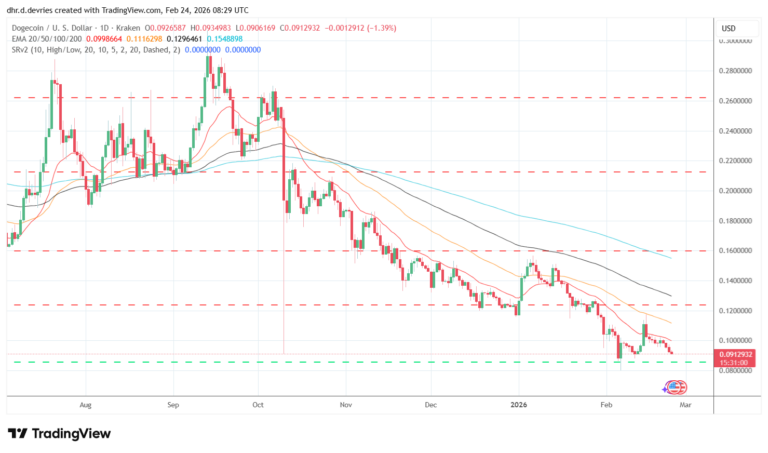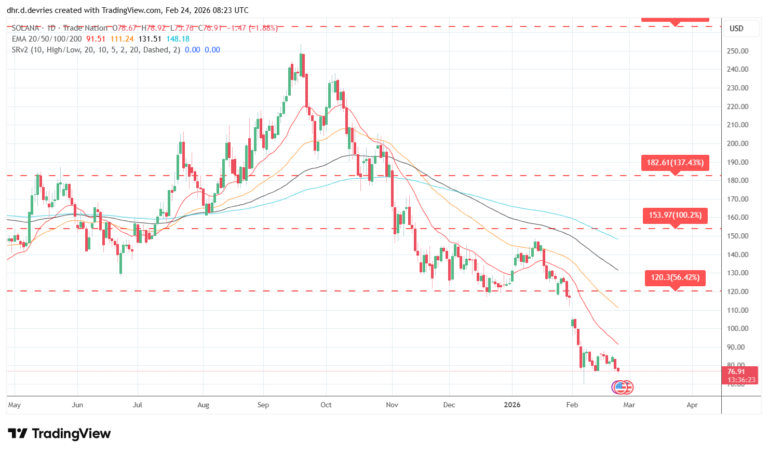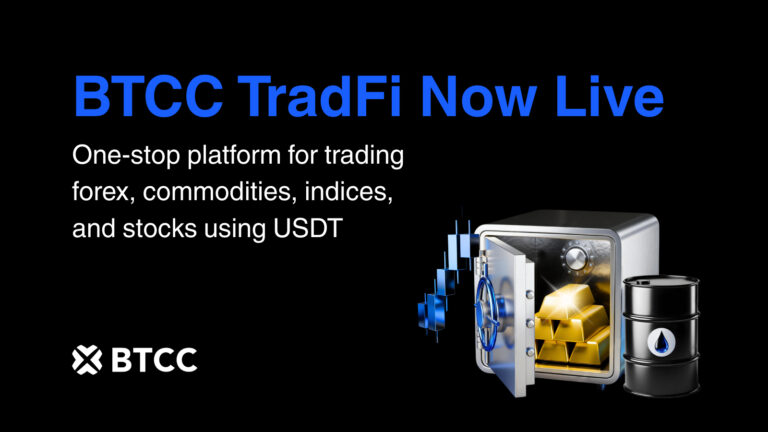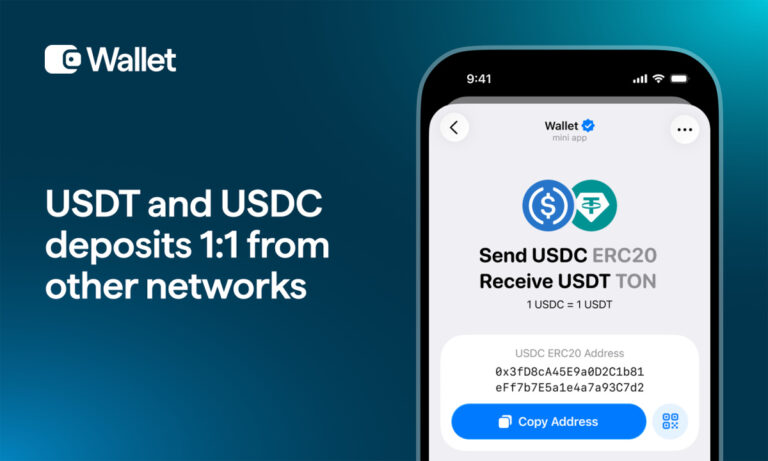Country Information
Extra Information
Website
Extra Links
Social Media & News
Ranking
Blockchain Overview
Category:
| Name | Category |
|---|
Frequently Asked Questions
Description
Disclaimer: The regulatory information provided below is for general informational purposes only and may not reflect the most current legal developments. Cryptocurrency regulations are rapidly evolving and are subject to frequent changes. This information should not be considered legal or tax advice. Before making any business or investment decisions, please consult with qualified legal, tax, or financial professionals familiar with your specific jurisdiction and circumstances. Always verify current regulations with official government sources and regulatory bodies.
Legal Classification & Regulatory Framework
Cryptocurrency Status
Anguilla, a British Overseas Territory in the Caribbean, operates within a unique regulatory environment that reflects both its status as a self-governing territory and its constitutional relationship with the United Kingdom. The territory does not currently have comprehensive, standalone legislation specifically addressing cryptocurrencies or digital assets. As a result, cryptocurrencies exist in a somewhat ambiguous legal space where they are neither explicitly recognized as legal tender nor outright prohibited.
The island’s approach to cryptocurrency has been characterized by cautious observation rather than proactive regulation. Cryptocurrencies are generally not classified as currency under Anguillian law, as the Eastern Caribbean Dollar remains the sole legal tender in the country. Instead, digital assets are typically viewed through existing legal frameworks that may categorize them as property, commodities, or potentially securities depending on their specific characteristics and use cases. The lack of specific legislation means that crypto-related activities are assessed on a case-by-case basis using traditional legal principles.
Anguilla’s regulatory stance has gained attention in recent years due to its association with the “.ai” internet domain, which has become popular among artificial intelligence and technology companies, including some blockchain and cryptocurrency ventures. However, this technical connection has not translated into comprehensive crypto-specific regulation.
Tax Treatment
Anguilla’s tax system is notably favorable compared to many other jurisdictions, which has implications for cryptocurrency activities. The territory does not impose income tax, capital gains tax, or corporation tax on residents or businesses. This zero-tax structure extends to cryptocurrency transactions, meaning that gains from trading, investing in, or holding digital assets are generally not subject to direct taxation by Anguillian authorities.
However, this favorable tax environment comes with important caveats. While Anguilla itself does not levy these taxes, individuals and businesses must consider their tax obligations in their countries of citizenship or residence. Many jurisdictions tax worldwide income, which means that simply operating through or residing in Anguilla may not exempt you from tax obligations elsewhere. Additionally, the territory collects stamp duties on certain transactions and property transfers, although these typically do not apply to cryptocurrency transactions.
For businesses operating in the crypto space, Anguilla’s tax-neutral environment can be attractive. Still, proper structuring and compliance with international tax standards, including substance requirements and transfer pricing rules, remain essential. The territory has committed to international standards of tax transparency and exchanges information with other jurisdictions under various agreements.
Regulatory Oversight
The Anguilla Financial Services Commission (AFSC) serves as the primary regulatory authority for financial services in the territory. However, cryptocurrency businesses do not currently fall under a specific licensing or regulatory regime administered by the AFSC in the same manner as traditional financial services. The absence of dedicated crypto regulation means that most cryptocurrency businesses operating from or targeting Anguilla do so without specific governmental oversight tailored to digital assets.
Traditional financial services in Anguilla, including banking, insurance, and securities activities, are regulated under various acts, including the Banking Act, the Insurance Act, and other financial services legislation. Cryptocurrency businesses that engage in activities that could be construed as traditional financial services may find themselves subject to these existing frameworks. For instance, if a cryptocurrency platform offers services that resemble securities trading or money transmission, it could potentially fall under existing regulatory requirements.
Anti-money laundering and counter-terrorism financing obligations apply broadly across Anguilla’s financial sector, and these would extend to cryptocurrency businesses engaged in activities that trigger such requirements. The territory has implemented legislation aligned with international standards in these areas, though enforcement and application to crypto-specific activities may vary.
Business Environment
Banking Relationships
One of the most significant challenges for cryptocurrency businesses in Anguilla is access to traditional banking services. Banks in the territory, as in many jurisdictions globally, have exhibited caution when dealing with cryptocurrency-related companies. This stems from concerns about regulatory compliance, anti-money laundering risks, and the reputational considerations associated with the crypto industry.
The limited number of banking institutions operating in Anguilla further constrains options for cryptocurrency businesses seeking banking relationships. Many local banks have implemented risk-based approaches that may result in enhanced due diligence requirements, higher fees, or outright refusal of services to crypto-related entities. This banking access challenge has led some cryptocurrency businesses to seek banking relationships in other jurisdictions or to rely on alternative financial service providers.
International banking relationships may offer alternatives. However, these come with their own complexities, including the need to comply with regulations in multiple jurisdictions and potentially higher costs for international wire transfers and currency conversions.
Licensing Requirements
Anguilla does not currently maintain a specific licensing regime for cryptocurrency exchanges, wallet providers, or other digital asset service providers. This absence of specialized licensing means that crypto businesses can operate without obtaining crypto-specific approvals from Anguillian authorities. However, this regulatory gap also means there is no clear framework providing legal certainty or regulatory guidance for such operations.
Businesses should be aware that engaging in activities that constitute traditional financial services would trigger existing licensing requirements. For example, if a cryptocurrency platform offers services that amount to money transmission, securities dealing, or banking activities as defined under Anguillian law, appropriate licenses would be required under existing legislation.
Company formation in Anguilla follows standard procedures for international business companies, which can be relatively straightforward. However, the lack of specific crypto regulation means that businesses operate with some degree of legal uncertainty regarding how their activities might be classified or regulated in the future.
Innovation Support
Unlike some jurisdictions that have established dedicated blockchain innovation hubs, regulatory sandboxes, or government-led digital asset initiatives, Anguilla has not developed specialized programs to promote cryptocurrency or blockchain innovation. The government’s approach has been relatively passive, neither actively promoting nor restricting the technology sector’s development in this area.
The territory’s appeal to technology businesses has been driven more by its favorable tax structure and the popularity of its “.ai” domain extension than by specific blockchain or cryptocurrency policy initiatives. There are currently no known government blockchain projects, central bank digital currency initiatives, or public sector adoption programs.
Market Characteristics
Adoption Patterns
Cryptocurrency adoption in Anguilla remains relatively limited compared to more populous or economically developed jurisdictions. As a small island territory with a population of approximately fifteen thousand residents and an economy heavily dependent on tourism and offshore financial services, the local market for cryptocurrency services is modest.
Consumer awareness and usage of cryptocurrencies for everyday transactions remain low. Most businesses on the island do not accept cryptocurrency as a form of payment, and the infrastructure for crypto payments is underdeveloped. The stable and widely accepted Eastern Caribbean Dollar reduces the perceived need for alternative currencies among residents and businesses.
International interest in Anguilla within the crypto space has been primarily driven by the territory’s tax advantages and domain name appeal rather than by a robust local crypto ecosystem or market demand.
Industry Focus
The cryptocurrency-related businesses that have shown interest in Anguilla tend to be internationally focused rather than serving the local market. The territory’s appeal lies in its potential as a jurisdiction for company registration and structuring, particularly for businesses seeking tax-efficient arrangements.
The association between Anguilla’s “.ai” domain extension and artificial intelligence has created some overlap with blockchain technology projects that incorporate AI elements. However, this has been more about marketing and branding than substantive regulatory or business advantages specific to crypto operations.
The offshore financial services sector, which has been a traditional strength for Anguilla, has not significantly integrated cryptocurrency services. Most established financial services firms on the island continue to focus on traditional offshore banking, trust services, and corporate administration.
Regulatory Evolution
The regulatory landscape for cryptocurrencies in Anguilla remains largely undeveloped and static. There have been no major legislative initiatives to create comprehensive frameworks for digital assets, and the government has not publicly articulated a clear policy direction regarding cryptocurrency regulation.
As a British Overseas Territory, Anguilla maintains its own legal system and regulatory framework, distinct from the United Kingdom. Consequently, developments in UK cryptocurrency regulation do not automatically apply to Anguilla, though they may influence future policy considerations. Similarly, Caribbean regional initiatives regarding cryptocurrency regulation may inform but do not bind Anguillian authorities.
The absence of regulatory development may reflect the limited local demand for crypto services, the small scale of the domestic financial sector, and the territory’s approach of observing international developments before implementing new regulatory frameworks. Whether Anguilla will eventually develop comprehensive cryptocurrency regulation remains uncertain and will likely depend on factors including international regulatory trends, pressure from international bodies, and the growth of crypto-related activities connected to the territory.
For Current Information:
Government of Anguilla: https://www.gov.ai
Anguilla Financial Services Commission: https://www.afsc.ai
Country Map
Crypto and Blockchain Articles

What Is Aave?

What is Aptos?

Dogecoin (DOGE) Price Prediction: Weekly Analysis February 24, 2026

Solana (SOL) Price Prediction: Weekly Analysis February 24, 2026

Ethereum vs. Bitcoin for Online Gambling

What Is Polygon?

What Is Aave?

What is Aptos?

Dogecoin (DOGE) Price Prediction: Weekly Analysis February 24, 2026
















